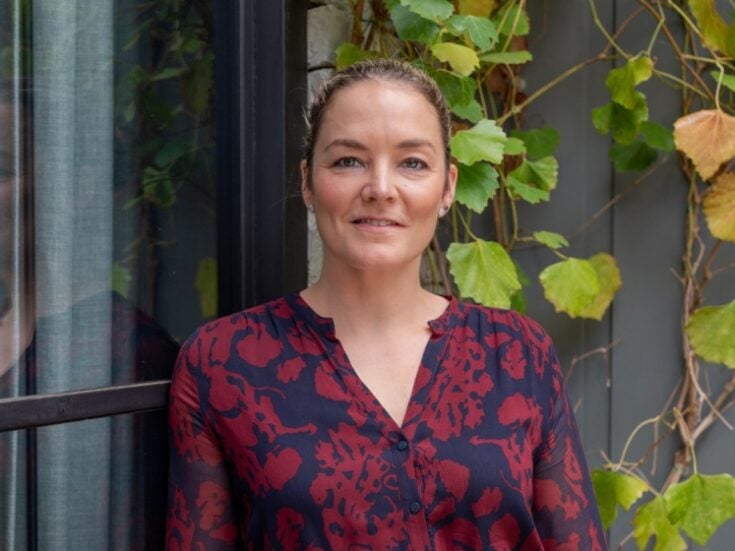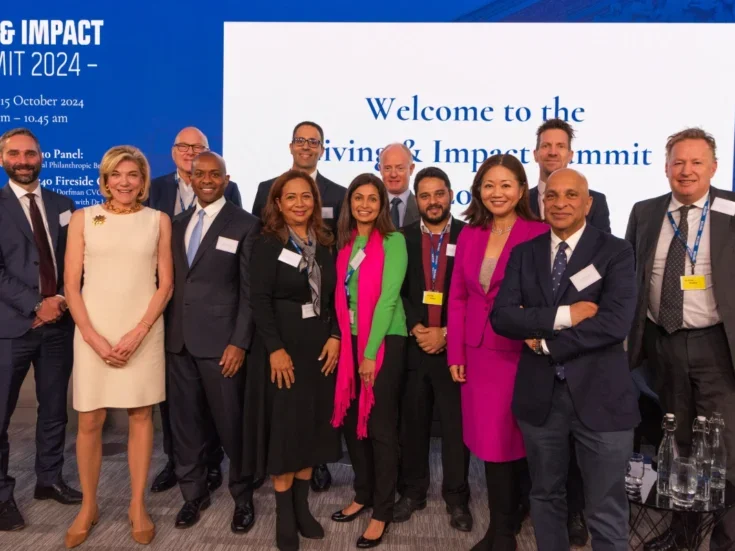

The coming winter brings with it serious cause for concern as a number of dangerous trends unfold. The collision of stagnating incomes, rising unemployment and welfare reforms with skyrocketing energy and food prices is adding to a mounting fear that many will have to choose between ‘heating or eating’. Andy Burnham, shadow health secretary, warns that the NHS may be on ‘the brink of a very dangerous winter’, with already stretched resources struggling to cope with higher than normal seasonal demand.
Fuel and food poverty have been creeping up the agenda for some time, but recent developments have thrust them firmly under the spotlight. The ‘big six’ energy companies have announced price increases of as much as 10 per cent in the coming months, while a recent report by the Institute for Fiscal Studies found that nutritious food was becoming less and less affordable.
In both areas, the implications are increasingly clear. The ONS has calculated that 24,000 people died from the winter cold last year, 90 per cent aged over 60, and the Trussell Trust saw more than 218,295 new users at its food banks between 2011/12 and 2012/13, an increase of 170 per cent.
Which interventions work?
Food and fuel poverty are divisive issues. For some, charitable interventions aimed at short-term relief depress the demand for reform, with money being better spent on campaigning for political and systemic change. But others point to the immediate need of those affected, who rely on the support of frontline services, which plug the gaps in the government’s social safety net.
Evidence on the ground increasingly suggests this is a false dichotomy, as neither side can really be overlooked, while the pursuit of one aim does not necessarily detract from the other. Realistically, the hugely damaging short-term effects of these phenomena cannot be ignored, but the sector as a whole should bear in mind the need to balance its efforts.
As many charities already demonstrate, it’s possible to focus on both. For example, Age UK’s Spread the Warmth campaign distributes clothes, heaters and radiators, and also campaigns for the government to reinvest carbon taxes in better home insulation. And while these larger charities manage to straddle both short- and long-term interventions, others work to bring them closer together, by tackling long-term causes in the process of tackling immediate need.
In the world of food poverty, for example, many charities seek to neutralise personal crises while simultaneously addressing longer-term problems to prevent them persisting in the future. The Tower Hamlets Food Bank and the Matthew Tree Project are good examples of this, using their frontline position to address underlying causes by putting their clients in touch with debt and benefit advisers, local councils, employers and counsellors.
What does this mean for philanthropists?
Where charities are focused on the frontline, services are expanding to deal with an ever-growing demand and scope, meaning that they need support beyond the primary commodity that they provide — be it food or blankets. Funding that is focused on building back office and logistical capacity, as well as staff capability, is crucial to making progress in this area.
There is a important place in the system for frontline providers as well as organisations that tackle the underlying drivers of food and fuel poverty — and there are those equipped to deal with both. What this shows is that we need to change the framework and start thinking about the whole, as the voluntary sector is clearly starting to do.
David Bull is a research assistant at NPC (www.thinknpc.org)







